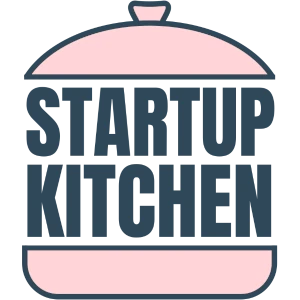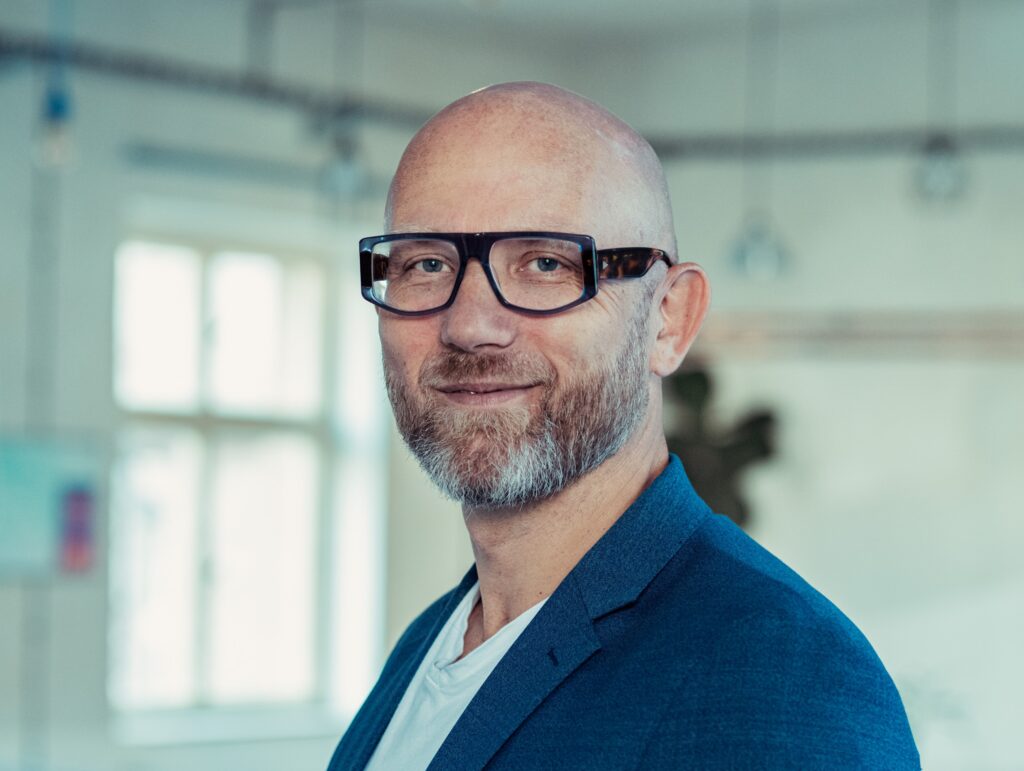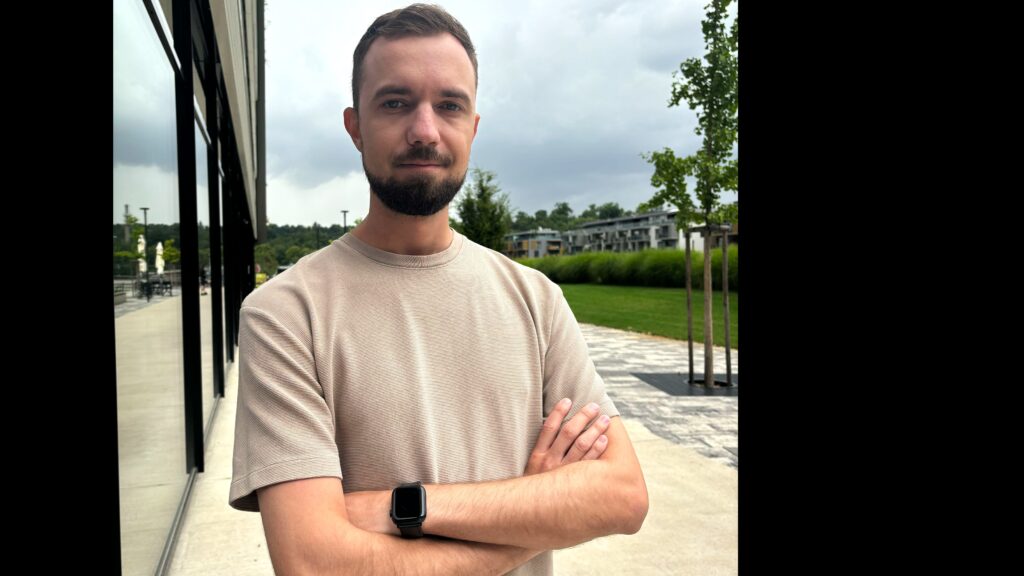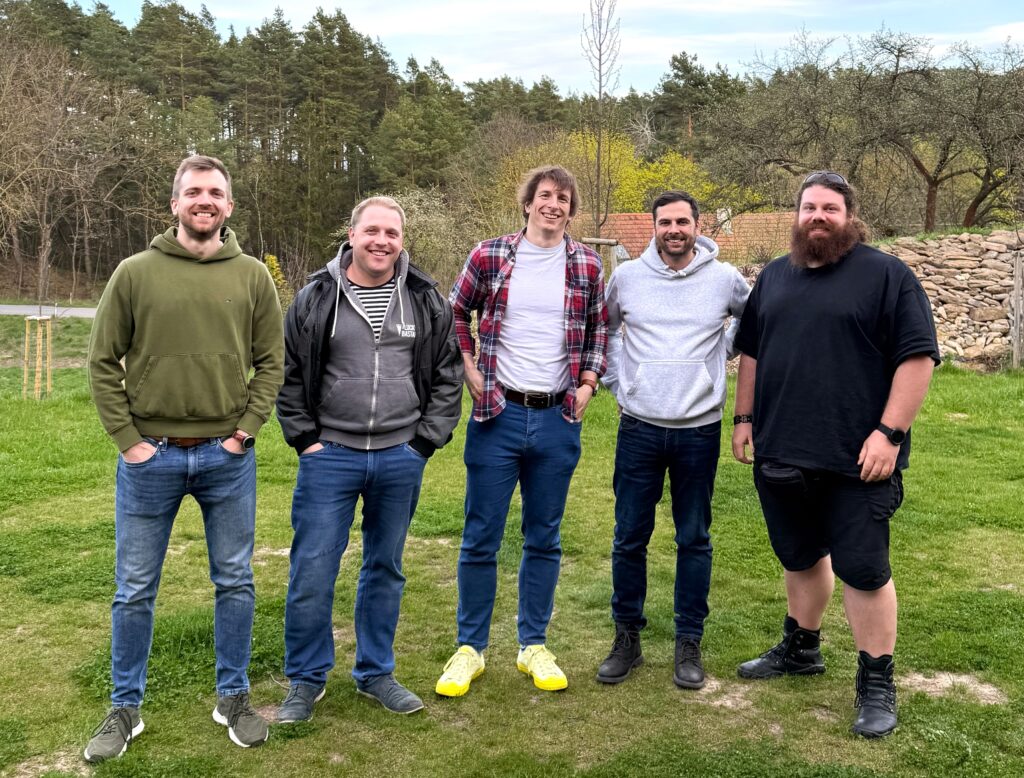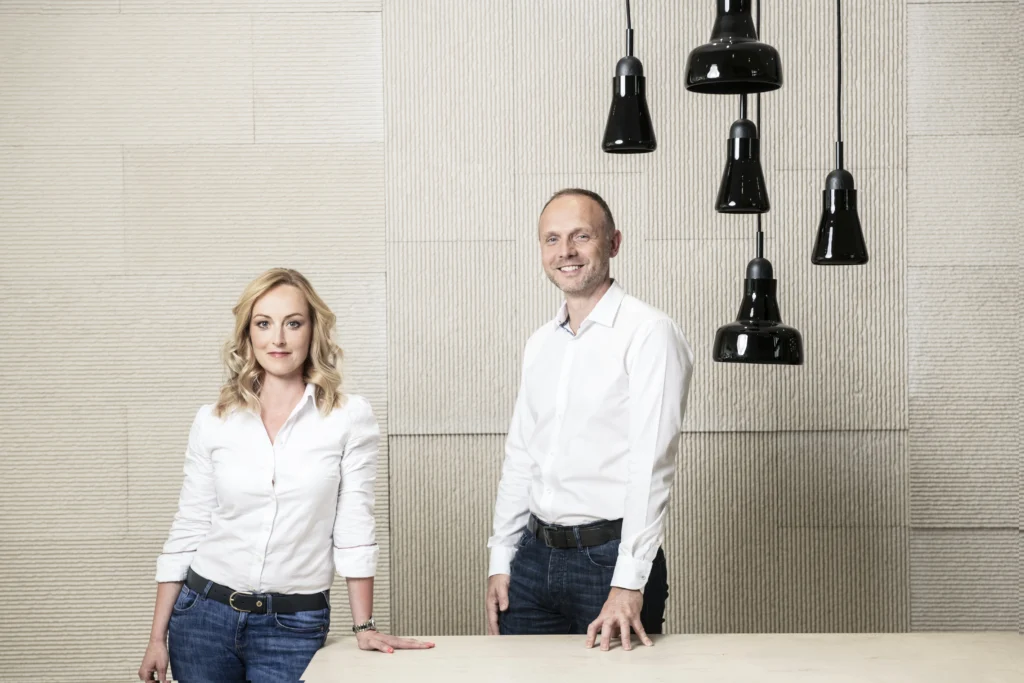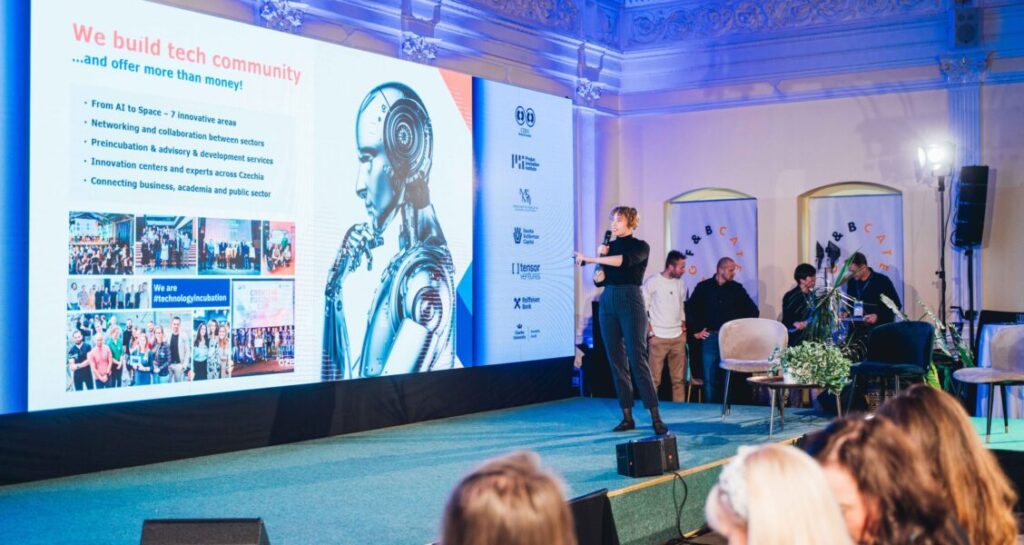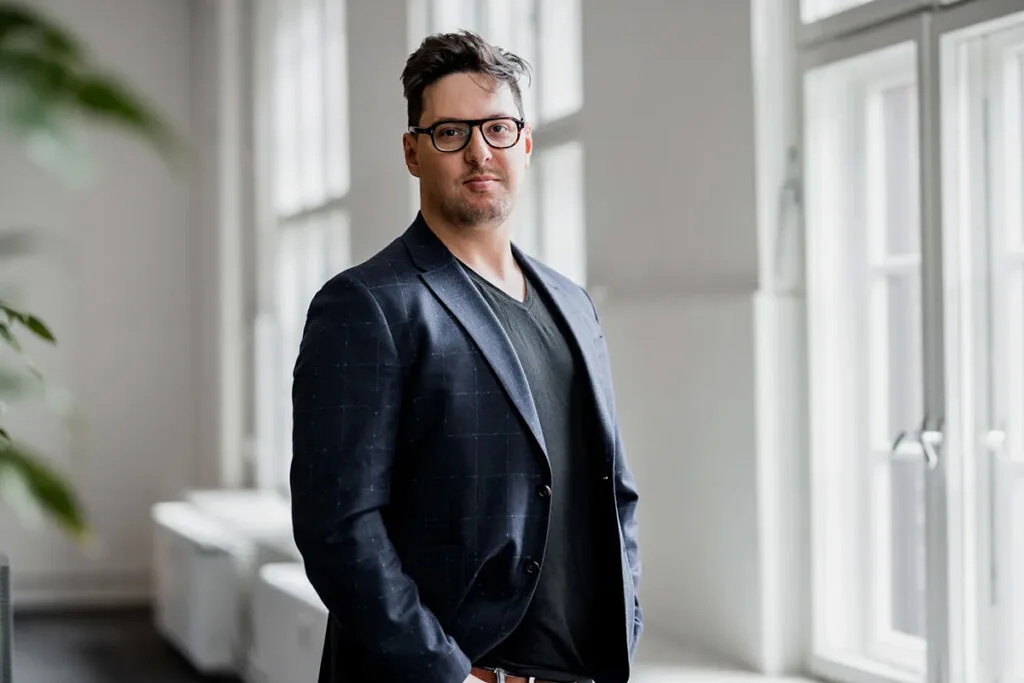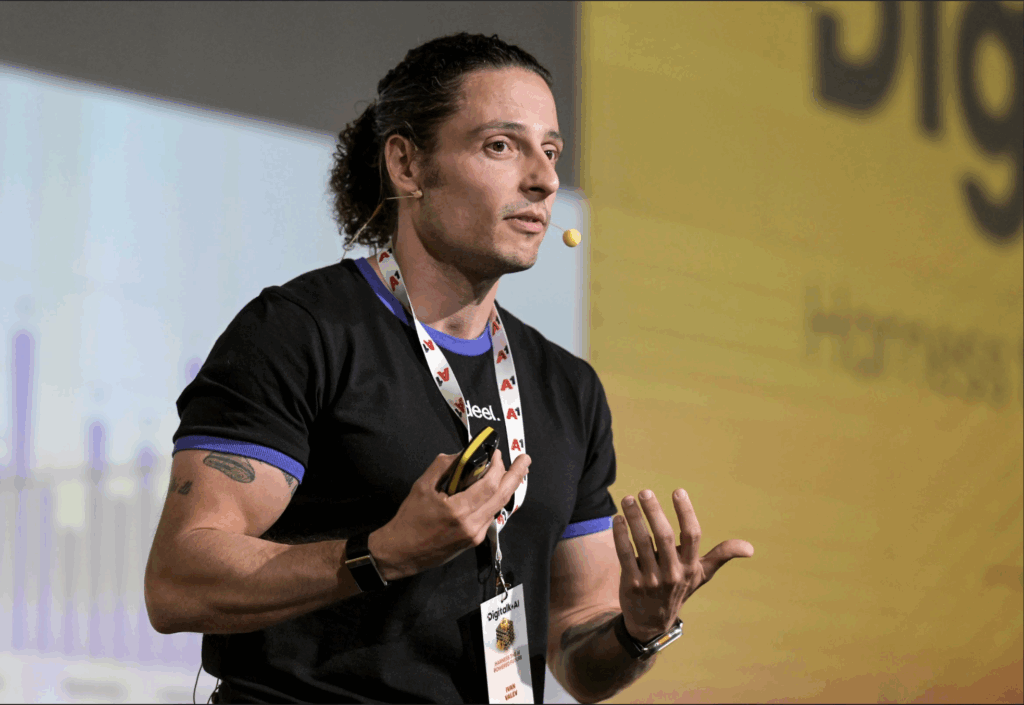“Text and a terminal”
Doležal’s love of the internet started early: he was an exchange student in Las Vegas in 1994, where he was allowed to play around with the nascent internet in his school’s library instead of attending Pascal classes. “ It was just text and a terminal and I fell in love.”
On his return, Doležal shared his enthusiasm for this new-fangled network and in 1999 joined a small internet studio, which did well and grew into a minor regional player. He then started a small mobile internet company soon after, but that folded in 2002: “ It was a lesson on how being too soon doesn’t help.”
The next venture was a performance marketing company that set him on the road of data and machine learning, which allowed him and his team to grow, as well as acquire and found several other enterprises. Then, in 2008, Doležal took a back seat to focus on investing and guidance, until, in 2014, he got the itch to build again when he saw friends – and his later co-founders at Keboola – building automation pipelines and he realized something: “ the world is going to be algorithmically driven, and there’s going to be an explosion in the need for infrastructure.”
Keboola meets both of these needs, letting users connect apps through data pipelines: if you have one application that collects data of any kind, Keboola acts as a platform to move and warehouse it to other programs. Though not as sexy as a drug detection machine, say, this kind of infrastructure has, in fact, become the backbone of the internet.
Prague vs Poland
When Doležal started out, he was far from the only tech startup in Prague: he fondly recalls the village feel of Karlín, where all the techies knew each other and would hang out in each others’ offices. Still, he quickly remarks on what he feels is the main issue holding back many of those small companies: “everybody was thinking locally, they just didn’t think globally.”
It’s gotten better since, he admits, but “ the whole premise that Prague would become the Israel of central Europe, I don’t think that’s happened. I think Warsaw has a better chance, it’s already overtaken Prague many times over.” When asked why, Doležal points out that more American tech giants have opened offices there: “there are bigger opportunities for local people. Go with the [tech giants] and then come back, and start something.”
When pressed, though, Doležal also points to cultural differences: “the Polish are more outward looking. It’s been a generation since they went to the UK to be plumbers or whatever. This generation goes to the US to be engineers.”
When asked for an example, Doležal doesn’t need much time to think: “Here, we talk about Avast over and over and fucking over, but they didn’t breed a new generation of enterprise like the Skype mafia in Estonia.” Unlike Barbora Werdmölder from Czech Founders or Ondřej Krátký of Grid.online, though, Doležal doesn’t place the blame on legislation or capital structures. For him, it’s a lot less tangible.
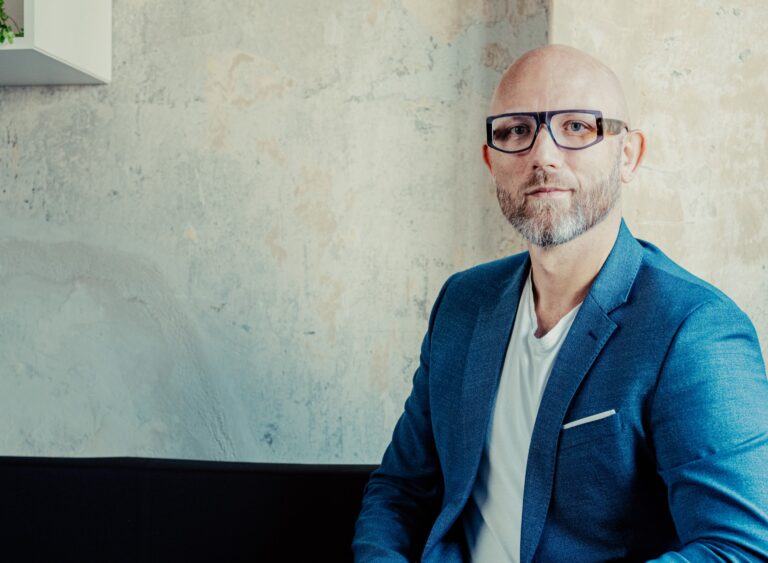
Changing the culture
When asked why Czechia is falling behind, relatively, Doležal says “ I don’t know. I don’t know. I don’t think anybody knows, ” then thinks for a second before saying he doesn’t even “ think about Czechia anymore.”
Still, when pressed, he does admit he thinks he has part of the answer: “I think we’re too comfortable here. We have too much work-life balance. When you go to Silicon Valley, you get fucking scared because you see how everybody hustles. [In one company], there’s four stories filled with engineers, product people, sales, marketing, and they’re there day and night. They sleep there ’cause they’re building their future.”
It’s not just hustle that sets Silicon Valley apart, though: “ people just migrate naturally from company to company there.” In a bid to foster that kind of culture, Keboola works together with other Czech companies such as Apify and Rockaway Ventures, both in Prague as well as with establishing a Czech presence in Silicon Valley.
This includes setting up a hacker house in San Francisco, both to host events and attract attention to Czech companies, as well as give Czech entrepreneurs a home away from home. “We try to go the Israeli way. That means supporting each other massively out there [in California] and encourage people to start companies here and take their business to the States.”
Still, Doležal hasn’t put all his bets on the Golden State; he does believe that some things are improving in Czechia. “We need to lobby to get what we need to be done. Vojta Roček is trying to do that with the Czech Startup Association right now, get the numbers on our side. For example, now technological jobs pay more wages in aggregate than agriculture, yet agriculture has a bigger lobby. Then say, ‘Hey, we represent a lot of wages’ and pressure them that way.”
Then, as we wrap up the interview, he turns pensive again, saying he’s not sure how much difference it will make. He then looks up and grins. “Maybe it’s easier to do the Czech thing and always think it’s someone else’s fault.”
